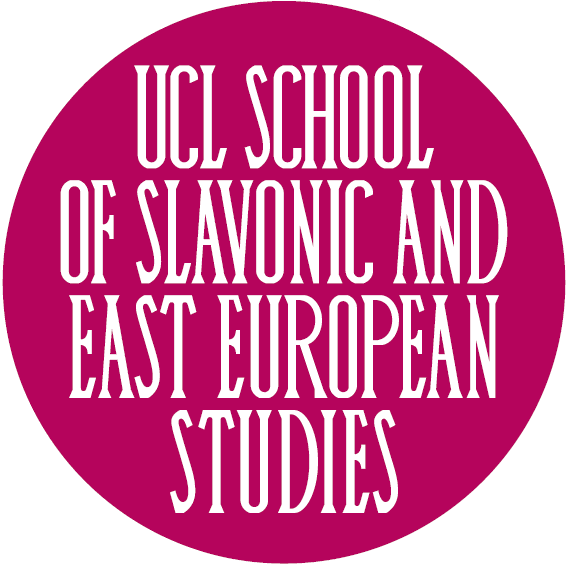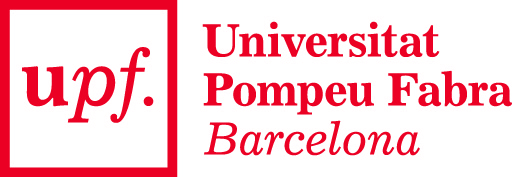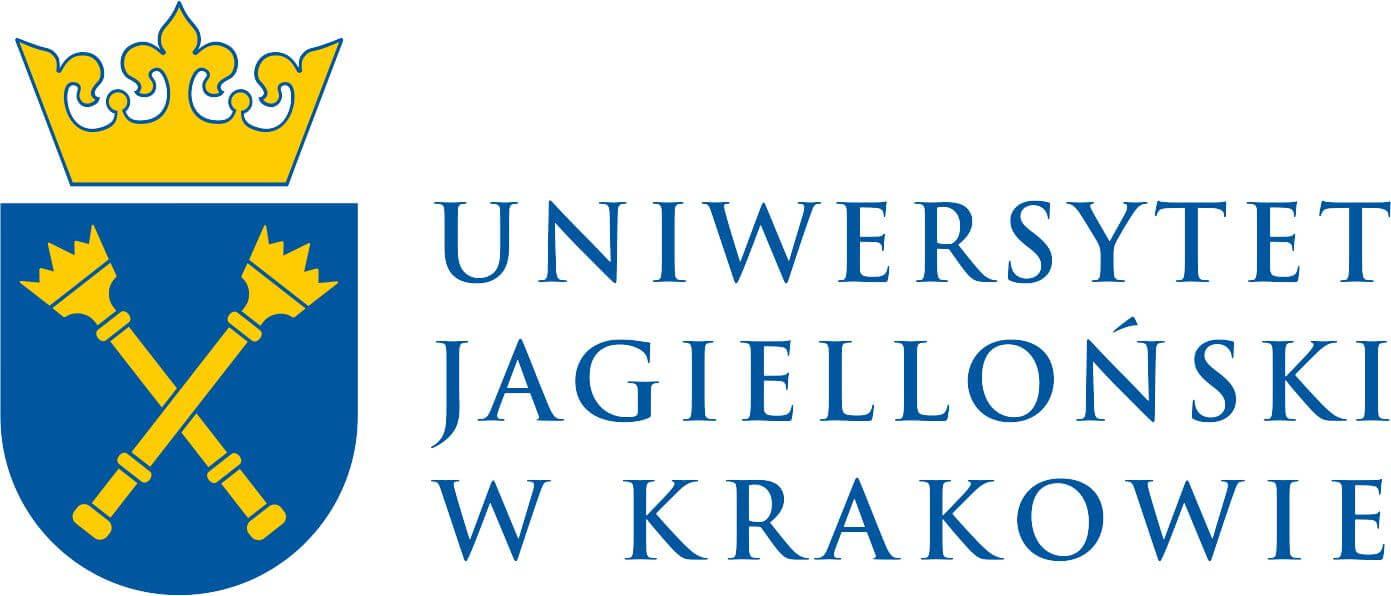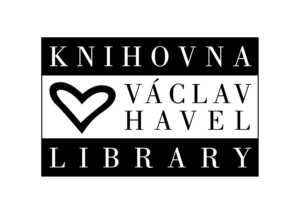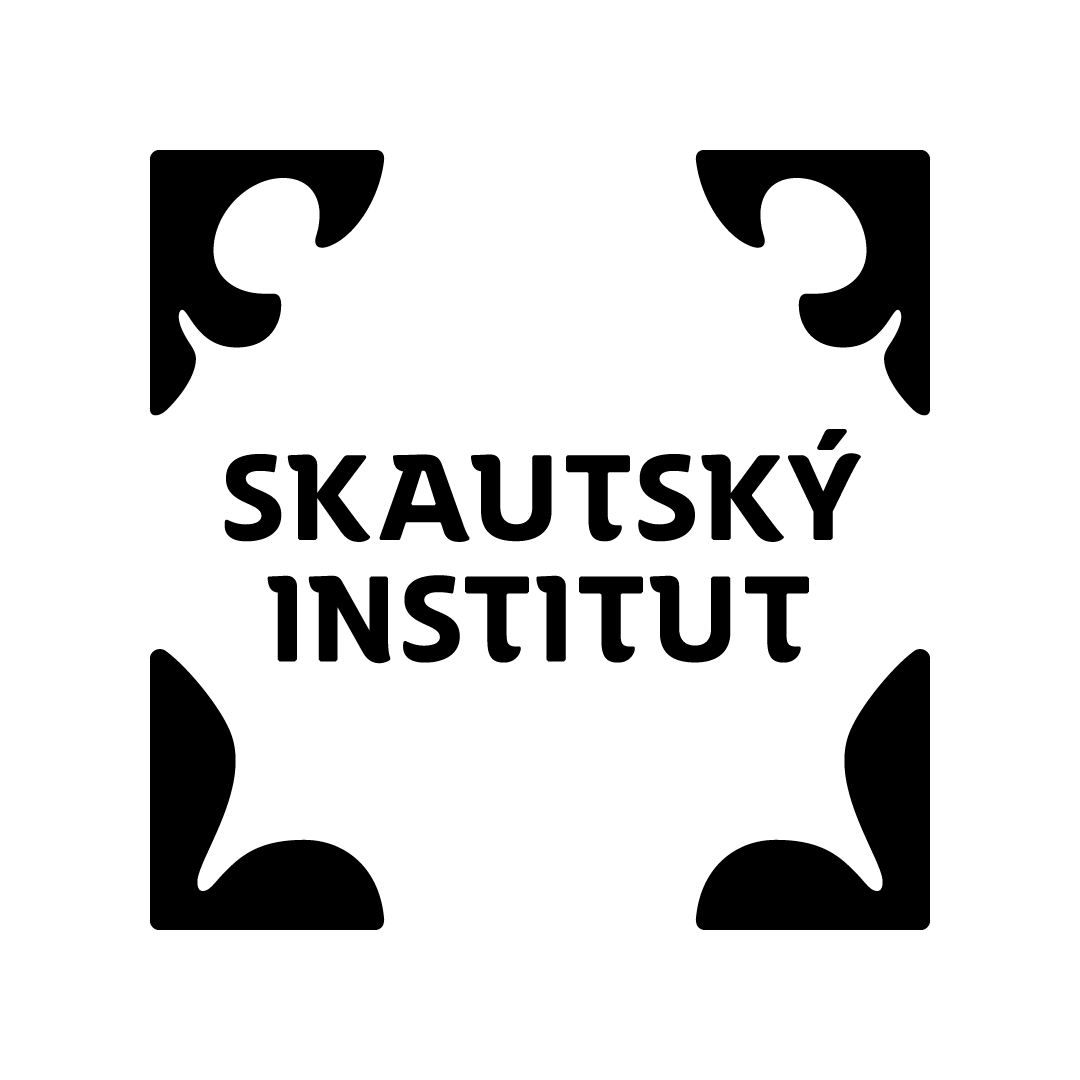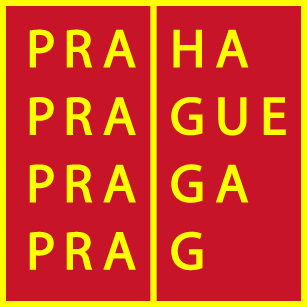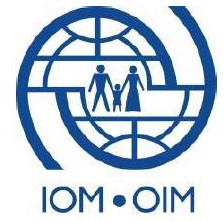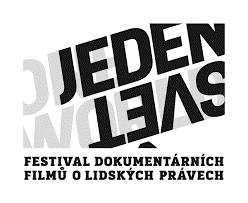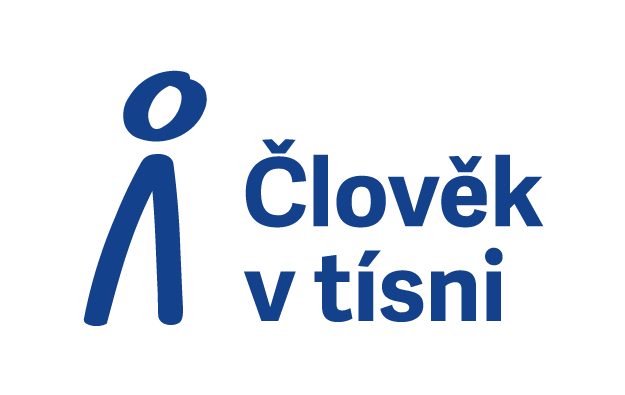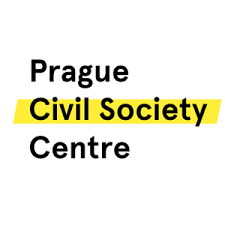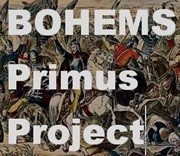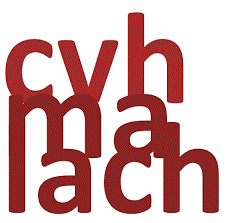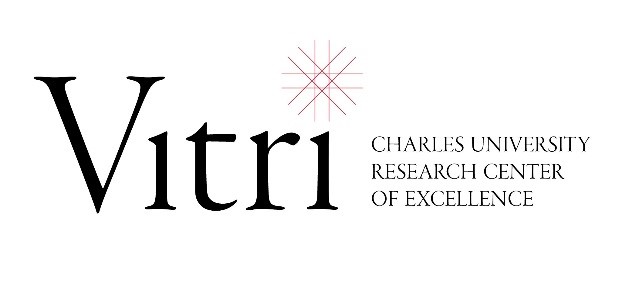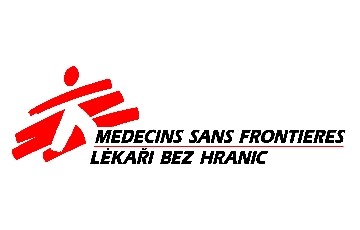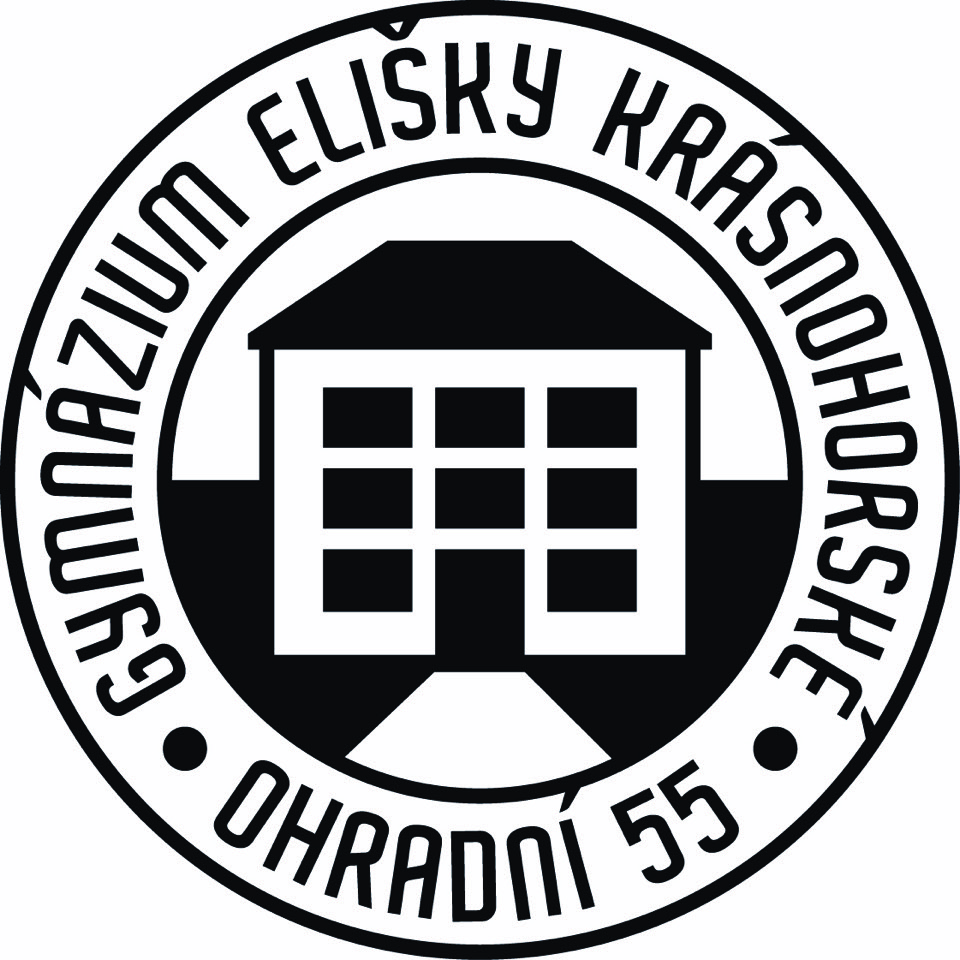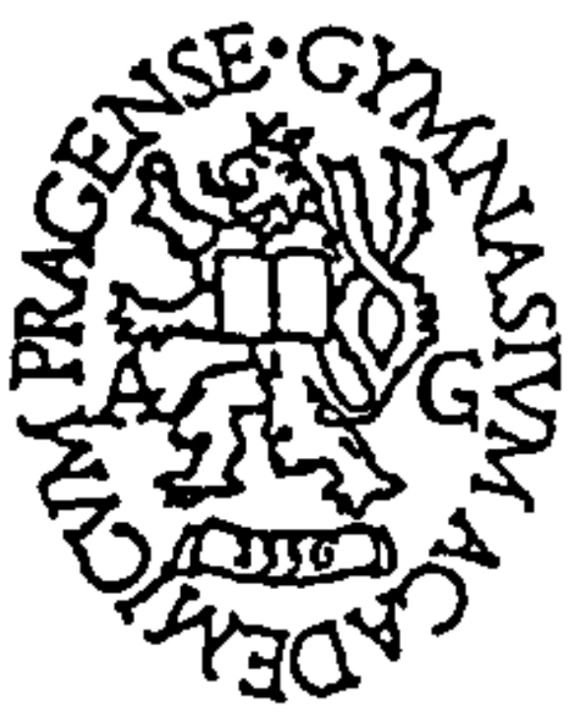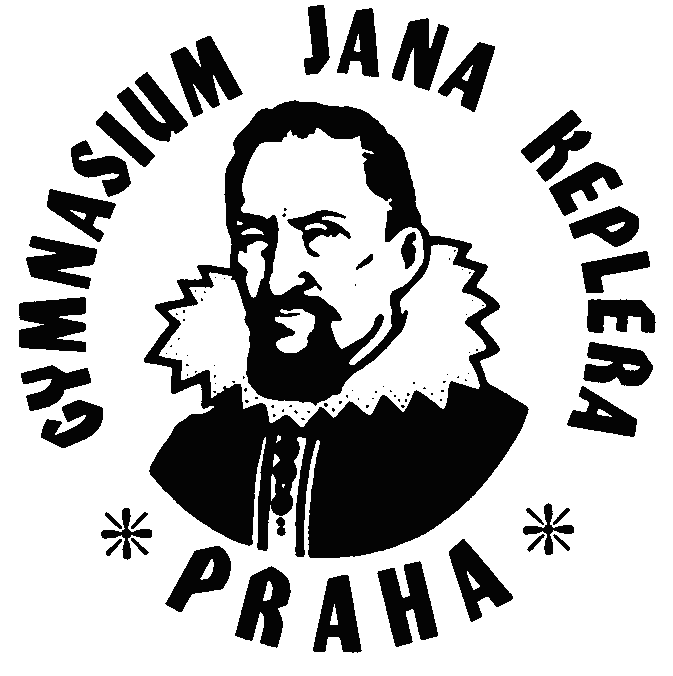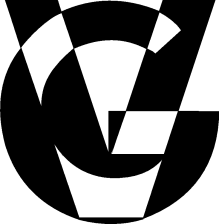Democracy today
Democracy today - forms, transformations, and challenges
Leader: Michal Kubát
The research centre will focus on the analysis of the state, development and transformation of democracy in contemporary Europe from both theoretical and empirical perspectives. The theoretical perspective will include a conceptualisation of liberal democracy and democratic regimes, including their typology. Attention will be paid to the factors that affect the (non)functioning of democracy (especially parties and party systems), or that directly threaten it (populism, anti-systemicism, authoritarianism of various kinds) or pose a fundamental challenge to it (the covid pandemic, the climate crisis, migration). An empirical perspective will provide a comprehensive analysis of the democratic political systems of contemporary Europe as a whole, i.e. without its "traditional" division into Central Eastern and Western, which is now obsolete. In many ways, the development, transformation and functioning of democracy and democratic regimes in Europe share common features or face similar threats and challenges.
Members
Selected projects
- Democratic Efficacy and the Varieties of Populism in Europe (DEMOS)
- Populist rebellion against modernity in 21st-century Eastern Europe: neo-traditionalism and neofeudalism (POPREBEL)
- Delayed Transformational Fatigue in Central and Eastern Europe (FATIGUE)
- Politická opozice v teorii a středoevropské praxi. ČR a Polsko ve vzájemném srovnání (completed)
- Identity a praktiky rozštěpeného aktéra: Interpretace současné německé zahraniční politiky (completed)
Selected publications
- Císař, O., & Kubát, M. (2021). Czech Republic: Running the State Like a Family Business. In G. Bobba, & N. Hubé (Eds.), Populism and the Politicization of the COVID-19 Crisis in Europe (pp. 101-114). Palgrave Macmillan.
- Havlík, V., & Mejstřík, M. (2021). Parteien vor dem Aus? Die Krise der repräsentativen Demokratie in Tschechien. Osteuropa, 71(4-6), 101-114.
- Hartliński, M., & Kubát, M. (2021). Leaders of parties or parties of leaders? The position of party leaders and models of their selection on the example of Poland and the Czech Republic. In A. Kasińska-Metryka, & T. Gajewski (Eds.), The Future of Political Leadership in the Digital Age : Neo-Leadership, Image and Influence (pp. 124-139). Routledge.
- Kubátová, H., & Kubát, M. (2021). The priest and the state: Clerical fascism in Slovakia and theory. Nations and Nationalism, 27(3), 734-749.
- Eberle, J., & Handl, V. (2020). Ontological Security, Civilian Power, and German Foreign Policy Toward Russia. Foreign Policy Analysis, 16(1), 41-58.
- Brunclík, M., & Kubát, M. (2019). Semi-presidentialism, Parliamentarism and Presidents : Presidential Politics in Central Europe. Routledge.
- Kubát, M., Mejstřík, M., Pasquino, G., Massari, O., Beyme, K., Strmiska, M., Novák, M., & Bankowicz, M. (2019). Giovanni Sartori : Challenging Political Science. ECPR Press.
- Handl, V., & Goffin, A. (2016). Czech Communists and the Crisis : Between Radical Alternative and Pragmatic Europeanisation. In L. March, & D. Keith (Eds.), Europe's Radical Left (pp. 211-229). Rowman & Littlefield.


